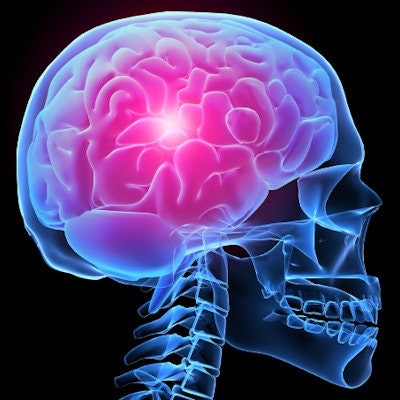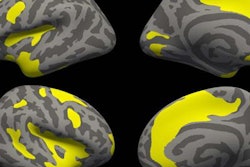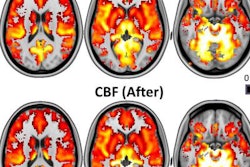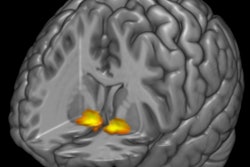
Researchers using functional MRI (fMRI) have found specific patterns of brain activity that may help determine whether behavioral therapy or antidepressant medication is better for patients with depression, according to research published online March 24 in the American Journal of Psychiatry.
The findings are rooted in the Predictors of Remission in Depression to Individual and Combined Treatments (PREDICT) study, which was designed to identify factors that predict treatment outcomes in people with depression.
In one of two papers published in the journal, the researchers from Emory University evaluated 122 patients drawn from the PREDICT study who were treated for 12 weeks, either with one of two antidepressant medications or with cognitive behavioral therapy. The subjects underwent resting-state functional MRI brain scans at the start of the study, and the results were analyzed to see which treatment strategy would have led to a better outcome based in part on the initial state of the patient's brain.
From the fMRI scans, the researchers found that the degree of functional connectivity between the subcallosal cingulate cortex, which is associated with emotion processing, and three other regions of the brain was associated with treatment outcomes. Patients with positive connectivity between the brain regions were significantly more likely to have their depression go into remission with cognitive behavioral therapy, while patients with negative or absent connectivity were more likely to improve with antidepressant medication.
Senior author Dr. Helen Mayberg, a professor of psychiatry, neurology, and radiology at Emory University, noted that all depressions are not equal and that different types of depression will require specific treatments. With the addition of the fMRI scans, clinicians could match patients with the treatment that is most likely to help them and avoid treatments unlikely to provide benefit, she added.
When deciding on the initial treatment approach for patients with depression, current guidelines recommend considering a patient's preference for medication or psychotherapy. However, in the 344-patient PREDICT study, patients' preferences were weakly associated with treatment outcomes, as described in the second paper.
While patients who received their preferred therapy were more likely to complete the trial, they were no more likely to achieve remission from depression than those who did not receive their preferred treatment, the researchers found.
Based on the results, they concluded that it could be better to personalize treatment based on certain biological characteristics -- such as through the use of fMRI -- rather than relying on patient preference.
"Ultimately our studies show that clinical characteristics, such as age, gender, etc., and even patients' preferences regarding treatment, are not as good at identifying likely treatment outcomes as the brain measurement," Mayberg said in a statement.




















